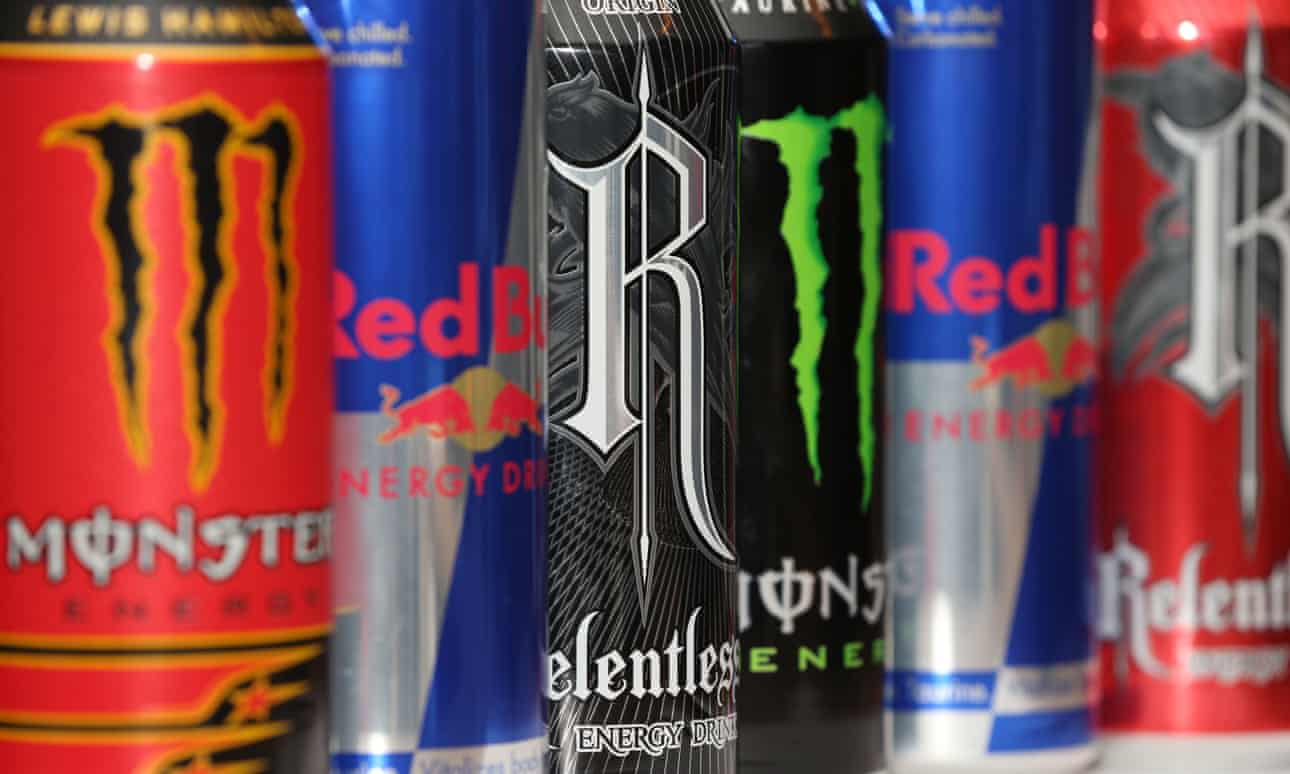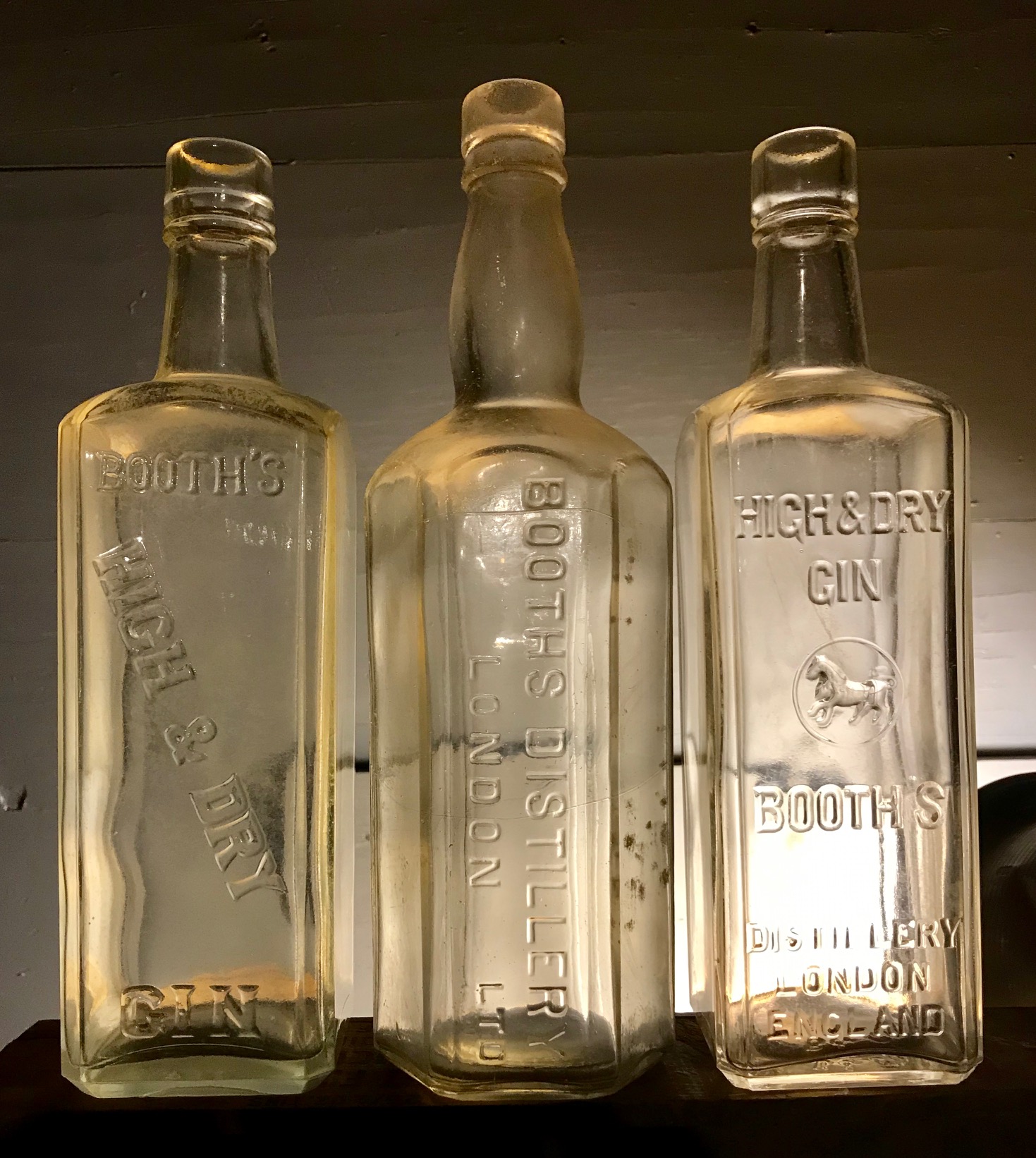Aging is an extremely complex phenomenon at the cellular level. This is certainly a case where there can be no "magic bullet" cure.
I haven't read the original article yet, but I take it for granted that the effect that they saw of taurine was measurable and reproducible. However, taurine is just one tiny component of a complex, feedback-heavy process. So any effect they saw comes with a strong burden of context that needs to be evaluated, but for which we lack strong predictive models.
So my takeaway is that, if taurine supplementation can play a role in promoting healthy aging, it would likely only be as a part of a combination therapy that synergistically targets all of the hallmarks of aging.



